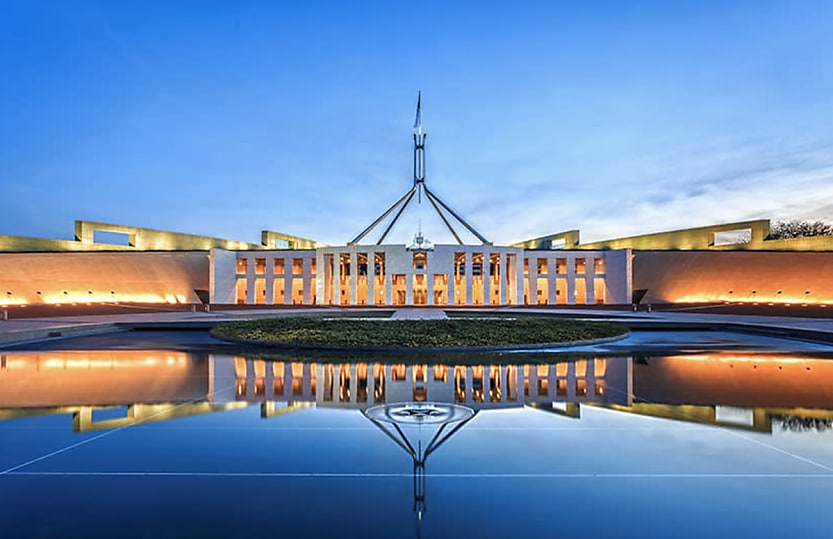Bills to introduce GloBE reforms clear lower house

The bills to implement a global minimum and domestic minimum tax for certain multinational entities have now been passed by the House of Representatives.
Three bills to enact a 15 per cent global minimum tax and domestic minimum tax for multinational enterprises operating in Australia have now been introduced into the Senate after passing the lower house.
The reforms, when passed, will apply to multinational enterprises operating in Australia with an annual global revenue of at least €750 million (approximately $1.2 billion). The measures form part of the Global Anti-Base Erosion Model Rules (GlobBE rules) established by the OECD.
The bills were also introduced into the Senate on Thursday with debate on the bills adjourned till the next parliamentary sitting.
The measures are set to apply from 1 January 2024, despite the legislation being yet to pass through Parliament.
RSM Australia national tax technical director Liam Telford said it was frustrating that despite the rules substantially coming into effect from the start of 2024, draft legislation was not released for consultation until well after that date.
Telford previously explained that unless an entity meets the safe harbour rules, almost all multinationals that meet the rolling revenue threshold and have an Australian ultimate parent entity, intermediate company or an end-of-the-line subsidiary will be required to calculate their income and determine their effective rate of tax paid under the GloBE rules.
Telford noted that those who come under the 15 per cent will be obligated to pay a top-up tax to the Australian government.
“Given Australia’s high corporate tax rate, the magnitude of top-up revenue is likely to be low for the Australian government – estimated to be less than 0.2 per cent of annual corporate tax revenue – however the compliance burden for businesses will balloon significantly,” he said.
EY associate partner in international tax Nadine Redford also agreed that Australia had been slow to roll out the measures, given the retrospective start date 1 January 2024.
Redford said it is “full steam ahead” for reporting entities that will be required to meet the start date.
Entities, she said, should be thinking of these rules as already implemented, just like any other tax.
The new returns for Australian-located entities part of an in-scope multinational group – including, domestic minimum tax (DMT), income inclusion rules (IIR), and undertaxed profits rule (UTPR) – will not be due until 15 months post-year-end (September 2026).
“This is quite a way off, but a lot of work needs to be done,” said Redford, adding that the priority should be figuring out what to include in financial statements in the short term.
The global minimum tax rules are designed to allow Australia to apply a top-up tax on a resident multinational parent or subsidiary company where the group’s income is taxed below 15 per cent overseas.
The domestic minimum tax aims to give Australia first claim on top-up tax for any low-taxed domestic income.
The ATO said in a small number of instances, a large multinational company’s effective Australian tax rate may fall below 15 per cent.
“In these instances, the domestic minimum tax applies so that Australia collects the revenue that would otherwise have been collected by another country’s global minimum tax,” it said.
About the author







